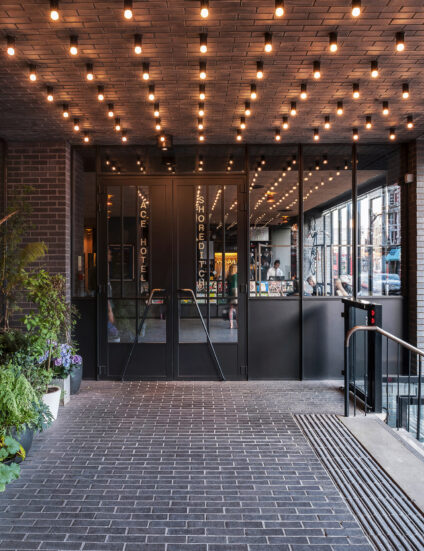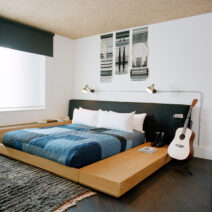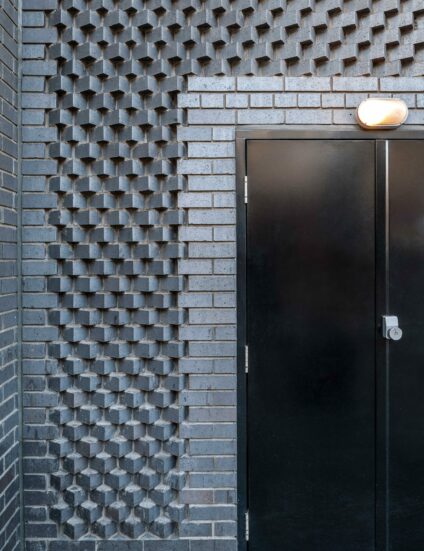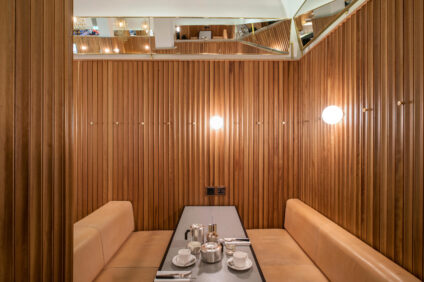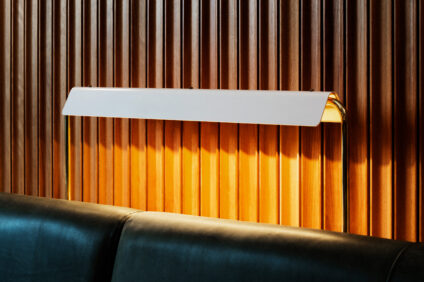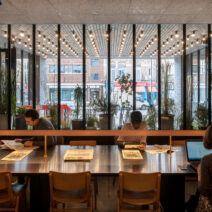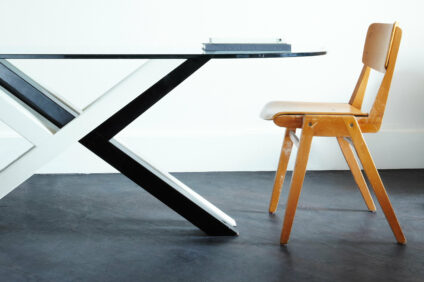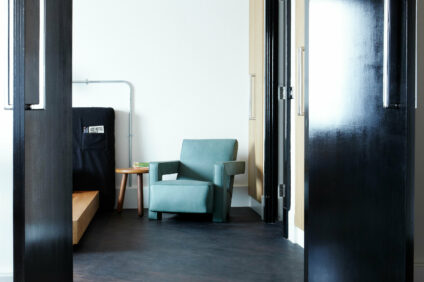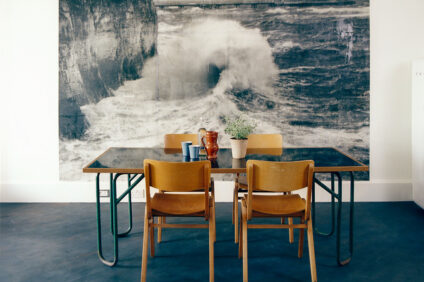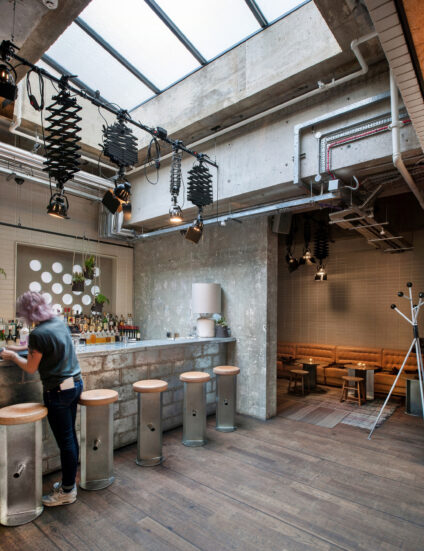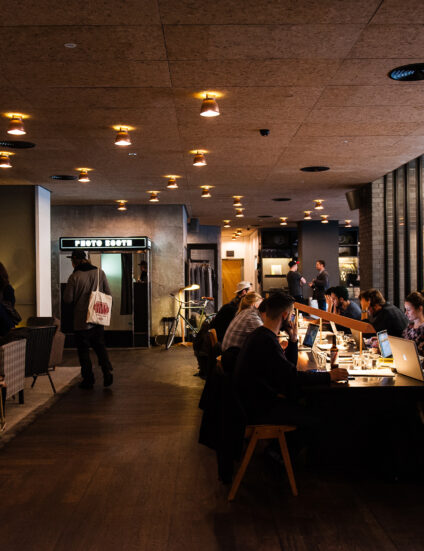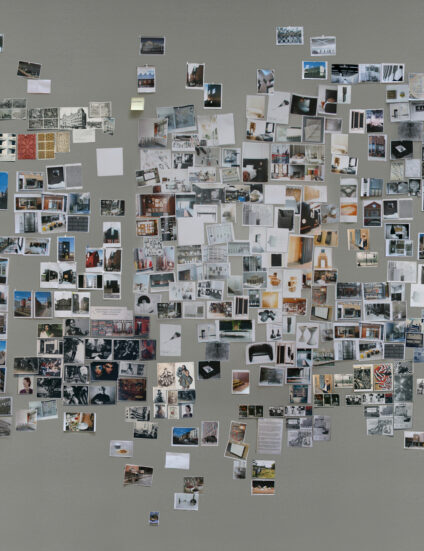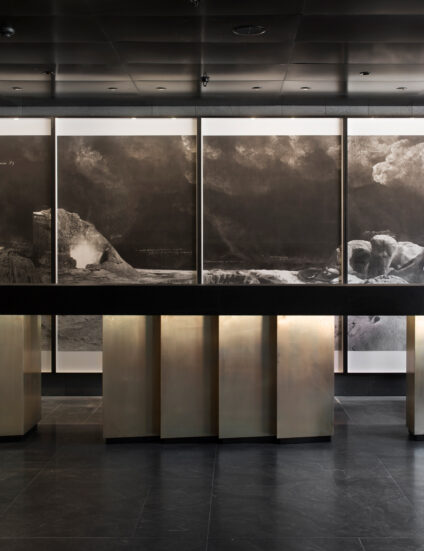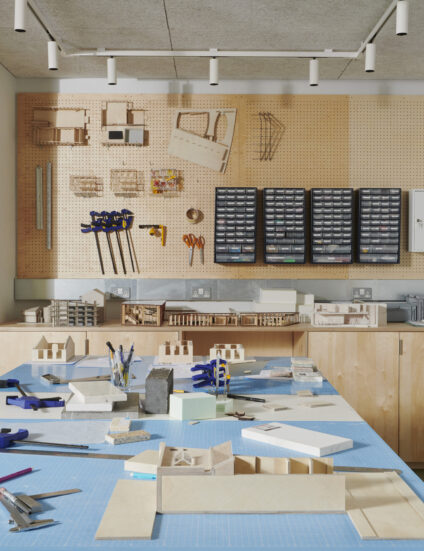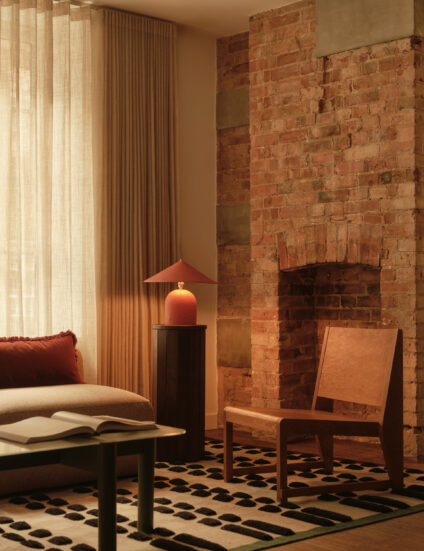PROJECT
Ace Hotel Shoreditch
Design as a catalyst for culture: Enriching a neighbourhood for locals and visitors
Ace's first international outpost rethought hospitality with a focus on placemaking, a platform for culture and a space for the community
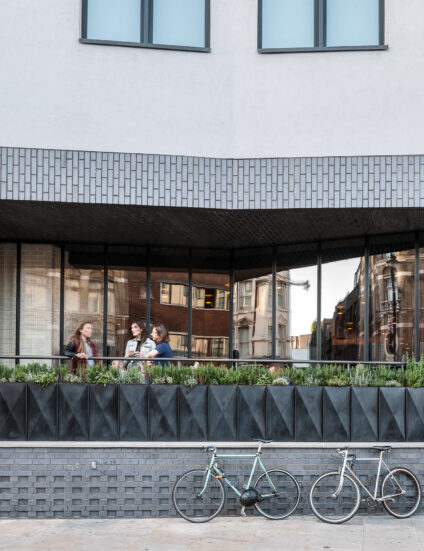
"Ace's relevance is to this day still found in its embrace of both ends of any spectrum: aspirational and accessible; understated and confident; urbane and youthful. Its hotels are places to work and play, to dip into and to stay." — Design Anthology, Issue 08 2020
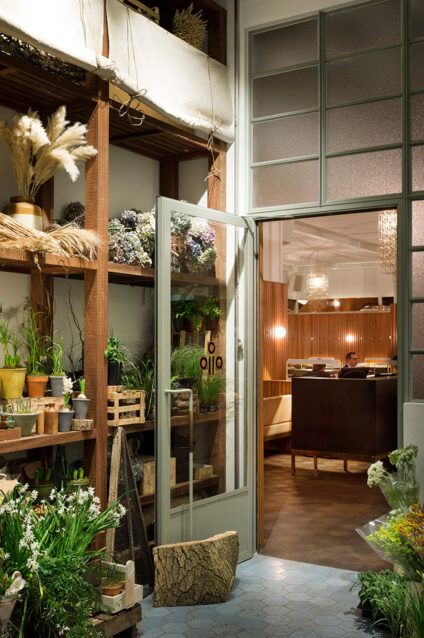
“Where you stay says much about who you are. Who wants to stay in a city hotel that isn’t connected or engaged with the local areas and communities?”— Alex Calderwood, Founder of Ace Hotel
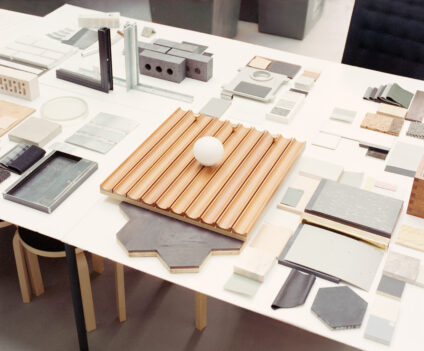
"Known for their distinctive design aesthetic, recognisable for its simplicity and clever use of material details, and a bespoke approach to each client, Universal Design Studio was a natural choice to help translate the Ace ethos into a London vernacular. Both exterior and interior design focus on traditional craftsmanship, embedding the space within the historic context and material heritage of Shoreditch." — Dezeen
